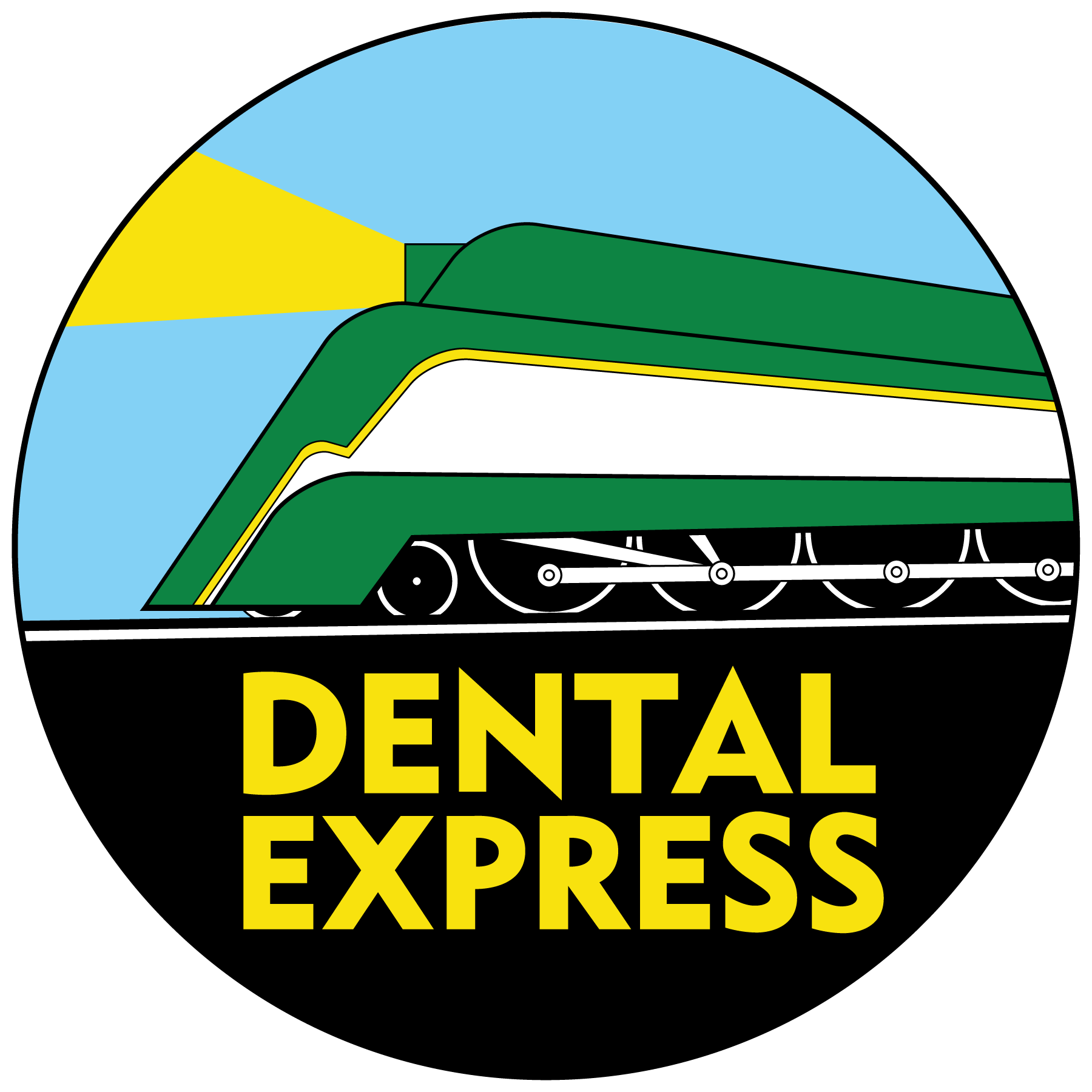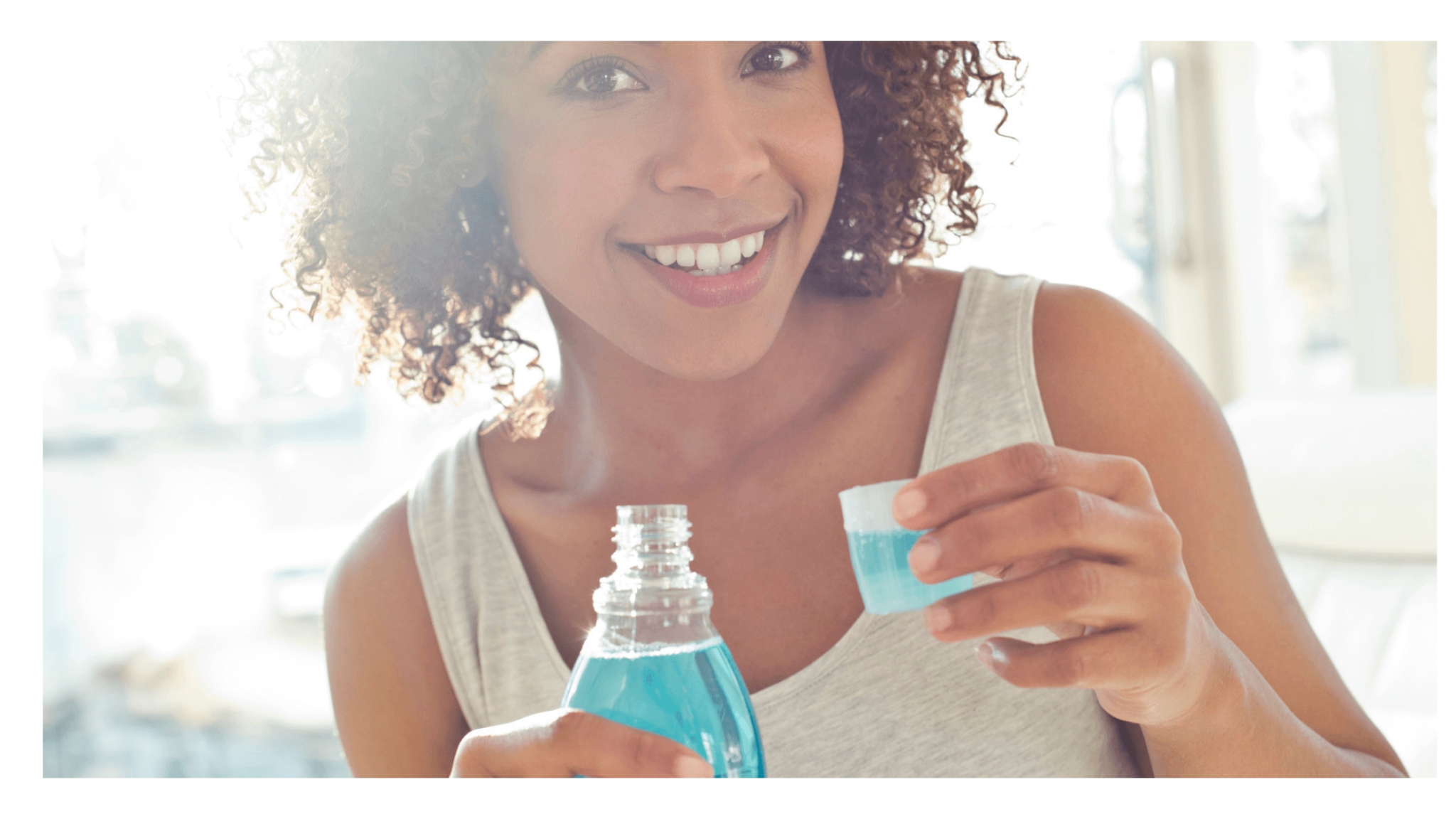The pros and cons of adding mouthwash to your daily routine and how to pick the right one for your dental health
We’re told a lot of things when we’re young.
We’re told that a magical fairy––who’s really obsessed with our teeth for some reason––visits us in the night and rewards us with cash in exchange for lost teeth.
We’re told a jolly old man with rosy cheeks and a bushy white beard stops by every house on the planet in just one night.
But we’re also taught the importance of daily dental care. And chances are, when you were young, you learned that mouthwash should be a part of your oral health regimen.
But could this be another tall tale like the tooth fairy or Santa Claus, or is there some truth to it?
Do dentists actually recommend mouthwash? And if so, what kind?
This week, your friendly neighborhood San Diego dentist is here to rinse away the confusion and help you decide once and for all if mouthwash is right for you and your dental health.
Let’s start with the different types of mouthwash.
Cosmetic vs. Therapeutic Mouthwash
Mouthwashes are divided into two main categories: cosmetic and therapeutic.
As their names suggest, cosmetic mouthwash is purely for bad breath, while therapeutic mouthwash can improve your dental health in a number of ways.
Cosmetic Dental mouthwashes leave your breath smelling fresh and have a pleasant taste, but they don’t have any healing or cavity-fighting effects.
Therapeutic mouthwashes contain ingredients like essential oils, peroxide, cetylpyridinium chloride (a breath-freshening antiseptic), and fluoride that actively fight oral health issues and help with bad breath.
In the war against bad breath, we recommend using a therapeutic mouthwash with the right ingredients and a taste you enjoy. If you’re going to use mouthwash, you might as well get the cavity and plaque-reducing benefits, right?
What are the Pros of Using Mouthwash?
Aside from fresh breath, mouthwash provides several dental health-boosting benefits.
Hit Those Hard-to-Reach Areas
When you brush your teeth, odds are you don’t clean your cheeks and the back of your mouth.
It’s safe to say that most people stick to their teeth and tongue when they do their daily dental health routine, and this is totally normal!
The great thing about mouthwash is that it reaches all the areas your brush doesn’t cover. See, oral bacteria doesn’t just hang out on your teeth. It can build up on your cheeks, tonsils, and the back of your throat too.
Daily rinsing with mouthwash can cleanse these areas and keep your mouth healthy.
Fight Off Tooth Decay & Gum Disease
Thanks to the ingredients we discussed above, therapeutic mouthwashes provide extra protection from tooth decay, gingivitis, and gum disease and slow the formation of tartar (hardened plaque).
The fluoride in mouthwash formulas strengthens your enamel to protect your teeth from breakdown, while the essential oils stave off decay-causing plaque and gingivitis. A recent study by the Dental Clinics of North America reported that both essential oils and chlorhexidine had a “large effect” on plaque and gingivitis control “supported by a strong body of evidence.”
Chlorhexidine is an ingredient used in prescription mouthwashes that’s well-known for its antimicrobial properties. Although you won’t find this chemical in over-the-counter formulas, your dentist may prescribe you some following certain treatments to help with the healing process.
Relieve Pain from Oral Issues
Certain mouthwashes include topical local anesthetics like lidocaine or benzocaine that can alleviate pain from mouth sores and ulcers.
Whiten & Brighten Up Your Smile
With consistent use, the peroxide contained in therapeutic mouthwashes can help remove stains and whiten your teeth. In combination with daily brushing and flossing, the right mouthwash can preserve your oral health and give you a brighter smile.
But there’s got to be a catch, right?
What are the Cons?
Alcohol & Dry Mouth
If you’ve used mouthwash before, you’re probably familiar with that intense burning sensation that feels like someone lit a campfire in your mouth.
As you may know, that uncomfortable feeling comes from the alcohol used in many popular mouthwash formulas.
Alcohol does an excellent job of getting rid of bacteria, but it’s not very good at distinguishing between good and bad bacteria. So, for the number of harmful germs it eliminates, it takes just as many good germs with it, and it can dry out your mouth in the process.
Without as much saliva to balance the pH levels in your mouth and strengthen your teeth, you could be fostering the very issues you’re trying to fight! For more on how vital saliva is to your dental health, check out this article on genetics and dental health.
With this in mind, look for alcohol-free options next time you go shopping for mouthwash.
Chlorhexidine & Unwanted Stains
With extended use, there’s a chance chlorhexidine can cause unwanted stains on your teeth. That’s why dentists typically prescribe these special mouthwashes for a limited amount of time.
If your dentist sends you home with chlorhexidine, don’t worry. Just be sure to follow their instructions to the letter, and your smile should be perfectly fine.
Mouthwash Tips & Recommendations
When picking out a mouthwash for yourself, use this list of tips and ingredients as a guide:
- Includes: cetylpyridinium chloride, fluoride, peroxide, and essential oils
- Doesn’t include: alcohol
- Avoid chlorhexidine unless prescribed by your San Diego dentist
- And of course, pick one that tastes good to you!
It’s important to note that mouthwash should be a complement to your regular dental cleanings, exams, and daily dental care, not a replacement.
And as a general rule, the American Dental Association (ADA) recommends that no child under six years old uses mouthwash, as they may accidentally swallow too much of it.
So, now you know the pros and cons of using mouthwash and what to look for at the store. But when should you use it? And should it be before or after you brush?
The general recommendation is to rinse with mouthwash whenever you brush your teeth. But if you use fluoride toothpaste (which we strongly recommend), rinsing could get rid of all the fluoride you just coated your teeth with.
To avoid this, you can wait thirty minutes after brushing or use your mouthwash at different times during the day, like after eating lunch.
If you’re still unsure of what to buy after all this, feel free to give us a call at Dental Express for recommendations. We’d be happy to help!
But Do We Really Need to Use Mouthwash?
Great question! We’re glad you asked.
The answer is: It depends!
Some people can maintain perfectly healthy smiles by brushing, flossing, and visiting the dentist regularly.
Others are more prone to cavities and could use the extra help to prevent tooth decay and gum disease.
You know your smile better than anyone, so if you feel you could use a leg up in the fight against cavities, feel free to give mouthwash a shot. As long as you follow the guidelines in this article, there’s certainly no harm in adding it to your dental health routine.
As far as we’re concerned, a little extra fluoride never hurt anybody. If it fits into your budget and you can find one you like, we say go for it!
Your One-Stop for Dental Advice & Healthy Smiles
At Dental Express, whether you’re our patient or not, we take care of you like one of our own. If you ever have any questions about your dental health, helpful tools like mouthwash, or other concerns, don’t be afraid to reach out.
We may be located in San Diego, but we’re here to create as many healthy smiles as we can. In fact, our reputation for top-notch dental care brings people in from all over the country.
So whether you’re in town or out of state, if you’re looking for personalized and family-friendly service in the San Diego area, contact us at any of our six locations for more information. We’d love to hear from you!
Keep Reading
Fluoride: Brushing Away the Myths For Good
Tips to Choose the Right Toothpaste For Your Mouth
Baking Soda: The Secret to At-Home Dental Care
How Did Early Americans Take Care of Their Teeth, Part II

